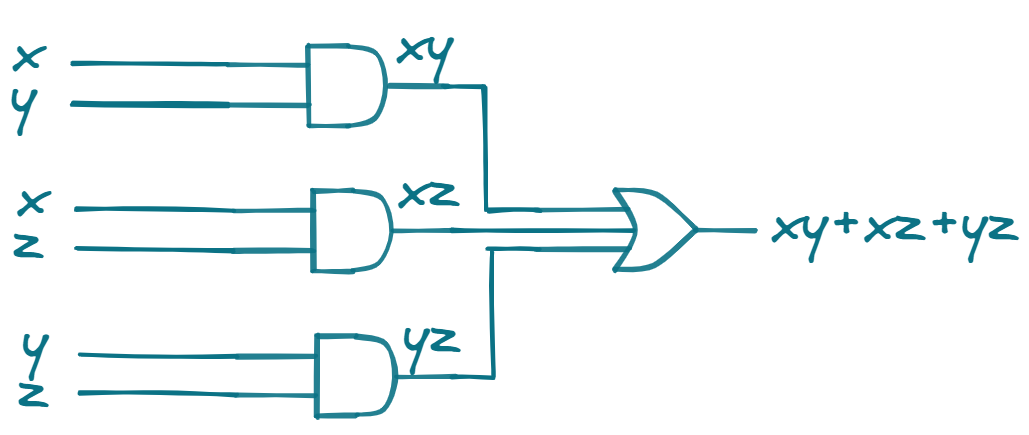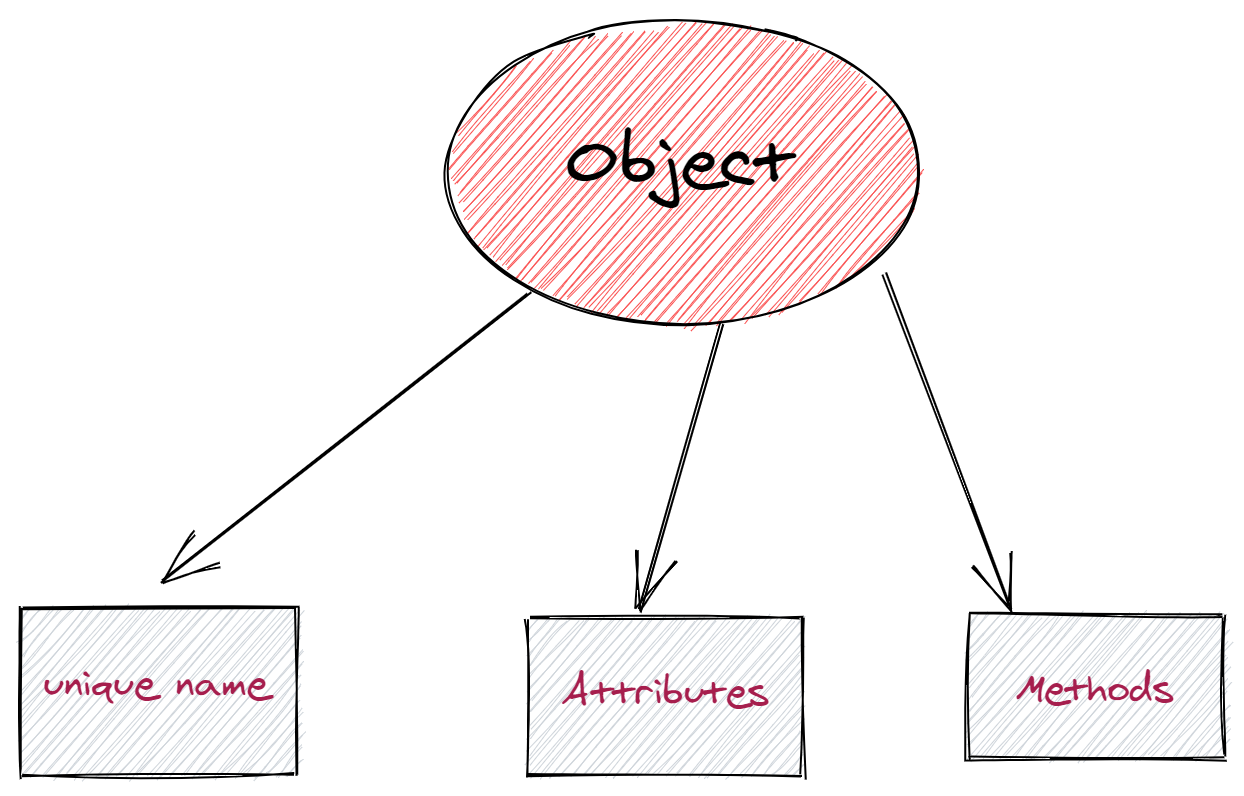
Coding Fundamentals and Patterns
This module contains the fundamentals of coding, serving as either a crash course for brand new beginners or a refresher for experienced developers. It covers a broad spectrum of foundational topics, starting with an introduction to computer programming and its applications, followed by a practical guide on installing and using a language. The course progresses through essential programming concepts like variables, Boolean algebra, logic gates, and basic math operations. Additionally, it delves into more complex topics like control flow, function calling, dictionaries, and understanding mutable vs. immutable objects, providing a comprehensive overview of core programming principles and patterns.

Section Menu
How do I use this section?


















